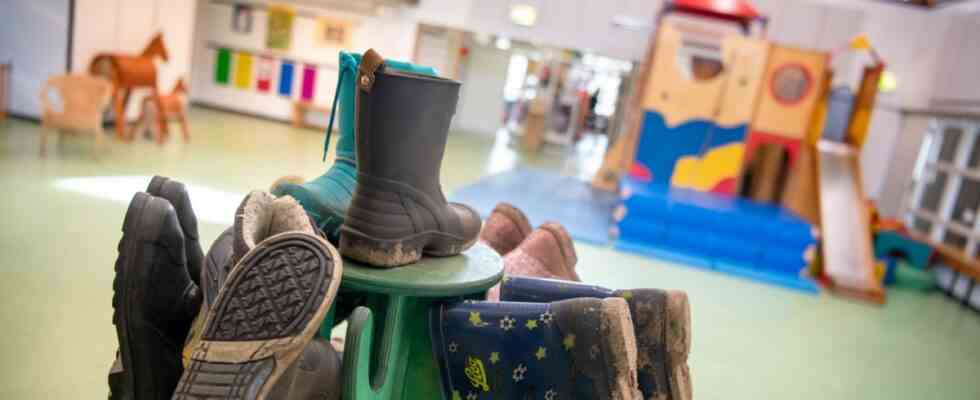The situation is tricky – not only in Neubiberg. The community theoretically has enough places to accommodate children who need a place in a crèche or kindergarten. But sometimes the educators are missing. Apparently, money alone is not the solution. In the Neubiberg town hall, one is therefore now relying, among other things, on springer forces, as is already practiced in the municipality of Kirchheim.
Like many communities, Neubiberg has been making intensive efforts to ensure adequate and good childcare for a long time. For 2023, the municipality forecasts 187 children aged one to three years who would be entitled to a daycare place. 209 childcare places are available for this. There would be 400 kindergarten places for 337 children between the ages of three and six. But the calculation does not add up if the necessary support staff is missing. Especially with the zero to three-year-olds, the municipality “unfortunately does not manage to offer all children a place immediately,” said Mayor Thomas Pardeller (CSU) at the citizens’ meeting in Unterbiberg. Because of the tense staffing situation, the Catholic St. Georg crèche in Unterbiberg even had to close completely at the beginning of the summer holidays.
The community spares no expense when it comes to childcare. In 2022, expenditure of 7.1 million euros is planned for this in the administrative budget. Only recently, the municipal council also decided to continue granting the labor market allowance to the employees of the Neubiberg day-care centers. Apparently that’s just not enough. Therefore, the municipal council has now decided by a majority to hire stand-in workers and create two full-time positions that are limited to two years.
The new staff should familiarize themselves with the principle of rotation in all facilities and, in emergency situations, can be requested by the carriers for a limited period of time by hiring out employees in order to cushion absences due to illness, for example. However, they should not be used to reopen closed groups. It is also about avoiding that the necessary personnel ratio is exceeded and that funding is reduced as a result. According to the Head of the Public Order Office, Rita Burk, the idea is to increase the quality of work and thus retain skilled workers.
Figures from the Munich-Land workers’ welfare office also show that the situation is very challenging. According to board member Diana Klöpper, the 27 childcare facilities in the district currently lack 24 pedagogical specialists and supplementary staff. So far, no day-care center has had to finally close due to a lack of staff. But “some day-care centers can only be partially operated,” she says. Groups were merged there to continue to ensure care.
Klöpper relies on a program of the Bavarian state government to attract skilled workers, which gives lateral entrants access to recognized pedagogical training. Until Awo can benefit from this and recruit staff, “we assume that parents will have to keep reorganizing,” says the woman on the board. However, as long as you can make do with the available resources, the Awo wants to proceed as before in the event of staff shortages. For example, get support from well-staffed facilities in the district association, shorten care times if necessary and support the specialist staff with parents and educational assistants.

